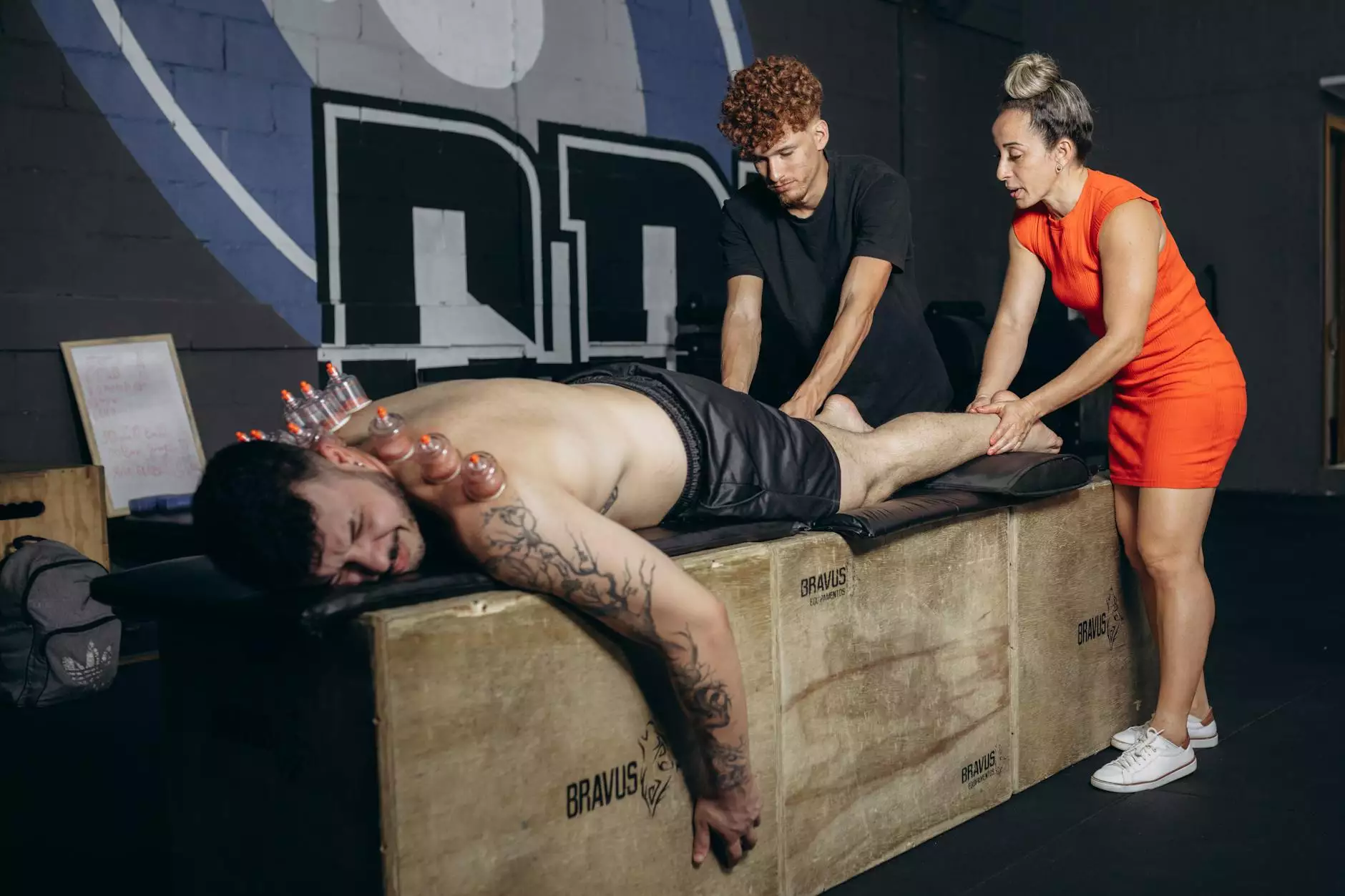Finding the Right Orthopedic Doctor Near Me

When it comes to musculoskeletal health, having access to a qualified orthopedic doctor is essential. Whether you are dealing with chronic pain, recovering from an injury, or seeking preventive care, an orthopedic doctor can provide the necessary expertise. In this article, we explore everything you need to know about finding an orthopedic doctor near me, the services they offer, and how to choose the right practitioner for your specific needs.
Understanding Orthopedic Medicine
Orthopedic medicine focuses on the diagnosis, treatment, rehabilitation, and prevention of injuries and disorders affecting the musculoskeletal system. This includes bones, joints, ligaments, tendons, and muscles. Patients often seek orthopedic care for a variety of reasons, including:
- Sports injuries
- Arthritis and joint pain
- Back pain and spinal disorders
- Fractures and trauma
- Congenital disorders
Why You Need an Orthopedic Specialist
Seeing an orthopedic specialist can be critical for effective treatment. Here are several reasons to consider:
- Expert Diagnosis: Orthopedic doctors have specialized training to accurately diagnose musculoskeletal issues.
- Comprehensive Treatment Plans: They offer tailored treatments, which can include physical therapy, medications, or surgery if necessary.
- Multidisciplinary Approach: Many orthopedic centers work closely with physiotherapists, occupational therapists, and pain management specialists to provide you with coordinated care.
- Advanced Technologies: Orthopedic clinics often utilize the latest medical technologies and surgical techniques, ensuring you receive the highest quality care.
How to Search for an Orthopedic Doctor Near Me
Finding an orthopedic doctor in your vicinity is easier than ever, thanks to technological advancements. Here are steps to effectively search for the best orthopedic doctor:
1. Utilize Online Resources
The internet is a powerful tool for locating medical professionals. Begin by:
- Conducting a simple Google search with the keywords "orthopedic doctor near me".
- Exploring healthcare review sites such as Yelp or Healthgrades to find top-rated orthopedic clinics.
- Checking the website of MediGlobus for trusted medical centers that specialize in orthopedic care.
2. Ask for Referrals
Your primary care physician can provide you with referrals to reputable orthopedic doctors. Additionally, consider asking:
- Friends and family members who have undergone orthopedic treatment.
- Your physical therapist, if applicable.
3. Review Credentials and Experience
Once you have a list of potential orthopedic doctors, research their qualifications. Look for:
- Board certification in orthopedic surgery.
- Years of experience in treating specific conditions.
- Fellowship training in subspecialties (like sports medicine or joint replacement).
4. Check Patient Reviews
Online reviews offer insights into the patient experience. Consider the following while reading reviews:
- Overall satisfaction scores and reviews.
- Comments about the treatment outcomes.
- Feedback on staff professionalism and clinic environment.
What to Expect During Your Visit
Your first appointment with an orthopedic doctor will typically involve a thorough evaluation. Expect the following:
- Medical History Review: The doctor will ask about your symptoms, medical history, and any previous treatments.
- Physical Examination: A physical evaluation may include a range of motion tests, strength assessments, and other examinations related to your condition.
- Diagnostic Imaging: Depending on your condition, the doctor may recommend X-rays, MRIs, or CT scans to better understand your issue.
- Treatment Discussion: Together, you will discuss potential treatment options based on your specific needs and preferences.
Common Treatments Offered by Orthopedic Doctors
Orthopedic doctors provide a variety of treatments, which can be categorized into non-surgical and surgical options:
Non-Surgical Treatments
Many orthopedic issues can be managed without the need for surgery. Common non-surgical treatments include:
- Physical Therapy: Customized exercise programs to promote healing and regain strength.
- Medication: Pain relievers, anti-inflammatories, or corticosteroid injections to reduce pain and inflammation.
- Bracing: Using braces or supports to stabilize an injured joint or limb.
- Activity Modification: Recommendations to avoid certain movements that exacerbate your condition.
Surgical Treatments
When non-surgical treatments are ineffective, orthopedic doctors may recommend surgical interventions, such as:
- Arthroscopy: A minimally invasive procedure using small incisions to treat joint problems.
- Joint Replacement: Replacing severely damaged joints (e.g., hip or knee) with prosthetic implants.
- Fusion: Joining two bones together to provide stability and reduce pain.
- Repair Techniques: Procedures to fix torn ligaments or damaged tendons.
Choosing the Right Orthopedic Doctor
Making the right choice in selecting an orthopedic doctor is crucial to your recovery. Consider the following factors when making your decision:
Compatibility and Comfort
It's essential to feel comfortable with your orthopedic physician. A good doctor-patient relationship can positively impact your treatment outcomes.
Access to Specialized Care
Depending on your specific needs, ensure that the orthopedic clinic has specialists for your condition, such as:
- Sports Medicine
- Joint Reconstruction
- Spine Surgery
Location and Convenience
Selecting an orthopedic doctor near your location helps in attending regular appointments easily and quickly. MediGlobus has multiple locations designed to enhance patient convenience.
Recovery and Rehabilitation
The journey to recovery doesn't end with treatment. Post-treatment rehabilitation is equally important. After surgical or non-surgical interventions, you'll typically go through:
- Rehabilitation Exercises: To restore strength, flexibility, and functionality.
- Follow-Up Consultations: Regular check-ups with your orthopedic doctor to monitor progress.
- Ongoing Pain Management: Continued support and treatment for pain relief as needed.
Conclusion
Finding the right orthopedic doctor near me plays a pivotal role in your musculoskeletal health and overall well-being. By taking an informed approach and utilizing the resources available, you can ensure that you receive the best possible care at MediGlobus. Remember, proactive management of orthopedic issues leads to a healthier, more active lifestyle. Don't hesitate to take the first step towards better health today!
Contact Us
If you are looking for an orthopedic specialist, contact MediGlobus today. Our team of experienced professionals is here to help you regain your mobility and live pain-free.









